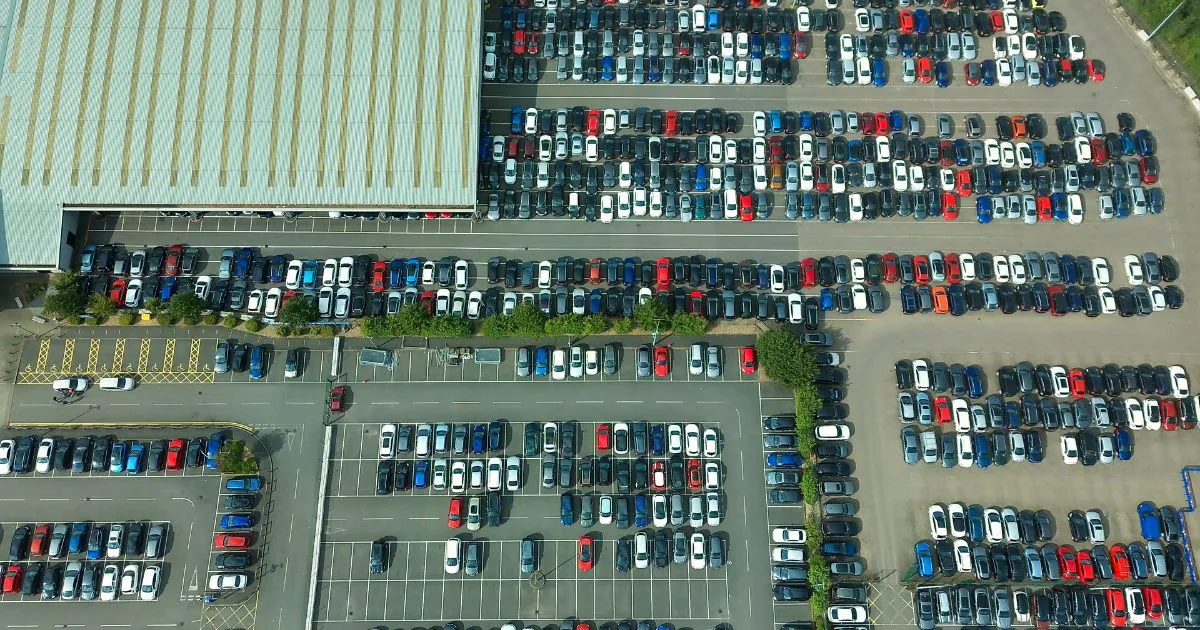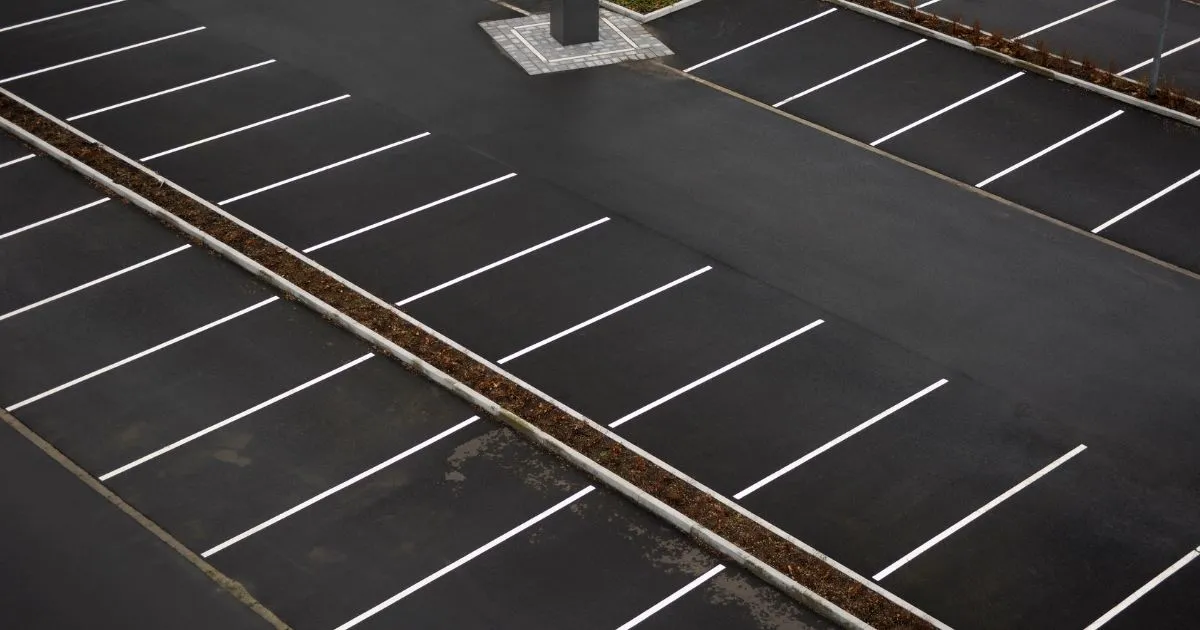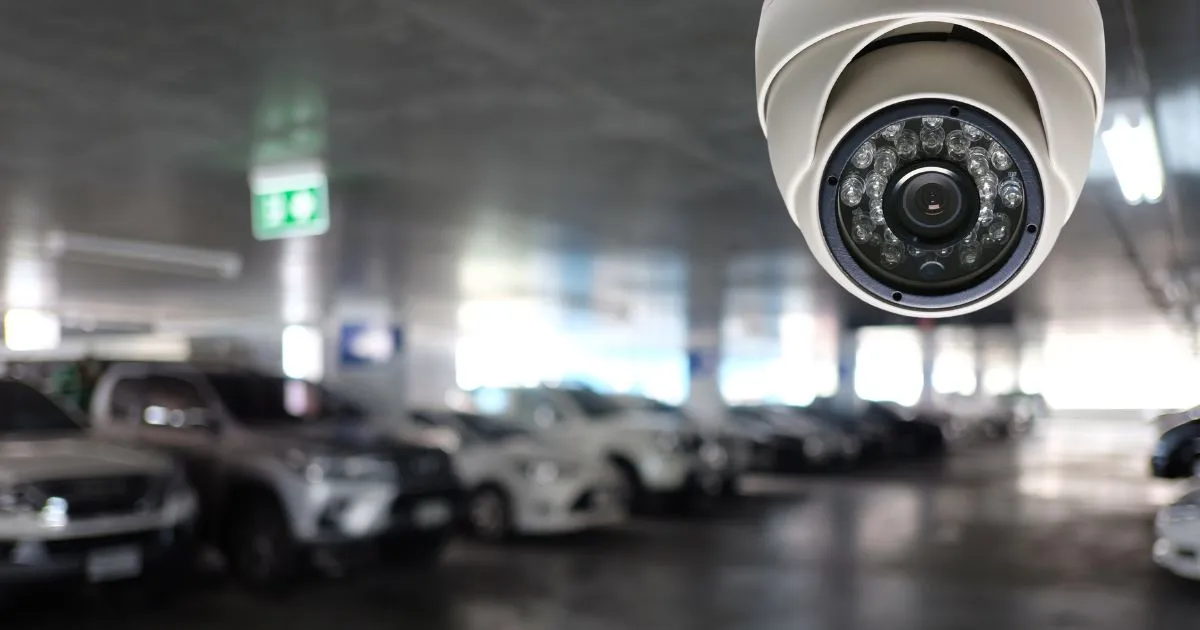The Role of Public-Private Partnerships in Parking Infrastructure Development

As urban populations continue to grow, the demand for efficient and accessible parking infrastructure and facilities is becoming increasingly critical in Australia. However, developing and maintaining this infrastructure can be a significant financial burden for cities and local governments. This is where public-private partnerships (PPPs) come into play, offering a collaborative approach to address the challenges of parking development. PPPs have become a popular solution for infrastructure projects worldwide, including in Australia, where they have been used to fund various transportation initiatives. This article explores the benefits, key elements, and future of PPPs in parking infrastructure development, with a focus on the Australian context.
Understanding Public-Private Partnerships in Parking
A public-private partnership is a cooperative venture between a government agency and a private sector company. PPPs are often used to finance, build, and operate public projects, such as roads, bridges, and increasingly, parking facilities and car parks. This model allows governments to leverage private sector expertise and capital to deliver essential services and infrastructure more efficiently and effectively. In Australia, PPPs have been successfully implemented in various sectors, including transportation and parking.
According to Daniel Battaglia, author of Parking Made Easy: Making Life Easier, "PPPs offer a win-win situation for both the public and private sectors, allowing for the development of much-needed parking infrastructure while sharing risks and rewards." This collaborative approach has proven effective in addressing the growing parking demands in Australian cities.

Benefits of PPPs in Parking Infrastructure Development
PPPs offer numerous benefits for parking infrastructure development and management:
- Reduced Financial Burden on Governments: PPPs allow governments to spread the cost of projects over a longer period, reducing the immediate financial strain.
- Access to Private Sector Expertise: Private companies often bring specialised knowledge and innovative technologies to the table, improving project outcomes.
- Faster Project Delivery: PPPs can expedite the development process, allowing projects to be completed more quickly than traditional public sector projects.
- Improved Efficiency and Innovation: Private sector involvement can lead to more efficient operations and innovative solutions for parking management.
- Risk Sharing: PPPs allow governments to share the financial and operational risks associated with projects with private partners.
These benefits make PPPs an attractive option for Australian cities looking to upgrade or expand their parking infrastructure and car parks without straining public resources. Smart parking solutions complement smart city transport systems, and PPPs can facilitate the implementation of these technologies in Australian parking facilities.
Key Elements of Successful Parking PPPs
For a PPP to be successful in the Australian context, several key elements need to be in place:
- Clear Objectives: Both the public and private partners must have a shared understanding of the project's goals and objectives.
- Well-Defined Roles and Responsibilities: The roles and responsibilities of each partner should be clearly defined in the partnership agreement.
- Transparent Procurement Process: The process of selecting a private partner should be fair, transparent, and competitive, adhering to Australian procurement standards.
- Effective Risk Management: The risks associated with the project should be carefully assessed and allocated to the party best equipped to manage them.
- Performance-Based Contract: The contract should include performance metrics that hold the private partner accountable for delivering results.
By focusing on these key elements, Australian cities can increase the likelihood of successful and mutually beneficial partnerships in parking infrastructure development.

Case Studies of Successful Parking PPPs in Australia
Several Australian cities have successfully used PPPs to develop and improve their parking infrastructure and facilities. For example, many local councils have partnered with private companies to build and operate multi-story car parks in city centres. These projects have helped to alleviate parking shortages, reduce traffic congestion, and generate revenue for both the public and private partners.
One notable example is the recent acquisition by the Australian National University (ANU) of a car park in Canberra for $16.75 million. According to a recent news report, the university plans to develop a world-leading health research precinct on the site. This project demonstrates how PPPs can be used to transform underutilized parking spaces into valuable community assets.
The Role of Technology in PPP Parking Projects
Technology plays a crucial role in the success of modern parking infrastructure and management systems in Australia. PPPs can be instrumental in deploying these technologies, as private sector partners often have expertise in implementing and managing smart parking systems, mobile payment apps, and other innovative solutions that enhance the user experience and improve operational efficiency.
By incorporating technology into PPP parking projects, Australian cities can create more sustainable, convenient, and user-friendly parking facilities. For example, smart sensors can monitor parking space availability in real-time, guiding drivers to open spots and reducing traffic congestion. Recent data shows that Australia has some of the highest parking costs globally, with an average daily off-street parking rate of $34.42 in 2022. Implementing smart parking technologies through PPPs can help optimize parking space utilization and potentially reduce costs for users.

The Future of Parking PPPs in Australia
As Australian cities continue to grapple with the challenges of urban growth and increasing parking demand, PPPs are likely to become an even more important tool for developing and maintaining parking infrastructure. The future of parking PPPs in Australia may involve more innovative financing models, such as revenue-sharing agreements, and a greater emphasis on sustainability and environmental responsibility.
According to a recent report by Research and Markets, "The future of parking management in Australia will see a significant integration of smart parking technologies, including the widespread adoption of IoT devices such as sensors and cameras to monitor parking spaces in real-time." This trend aligns with the growing focus on smart city initiatives across Australia, making PPPs an attractive option for implementing these advanced parking solutions.
Conclusion and Final Thoughts
Public-private partnerships offer a valuable approach to addressing the challenges of parking infrastructure development in growing urban areas across Australia. By leveraging private sector expertise and capital, cities can deliver essential parking facilities more efficiently and effectively, while also sharing the risks and rewards of these projects. While there are challenges to overcome, the benefits of PPPs for parking are clear, and this model is likely to play an increasingly important role in shaping the future of urban mobility in Australia.
As we continue to see advancements in parking technology and increasing demand for efficient parking solutions, PPPs will remain a crucial tool for Australian cities looking to improve their parking infrastructure. We encourage readers to share their thoughts and experiences with parking PPPs in their local areas. To learn more about innovative parking solutions and how they can benefit your community, sign up for free on Parking Made Easy and join our community of parking experts and enthusiasts.
**Daniel Battaglia, Parking Made Easy:** As part of the Parking Made Easy team with the assistance of Generative AI, Daniel Battaglia offers his experience in the car parking industry. He is dedicated to providing valuable information and resources to help you make smart parking choices and has been widely quoted in national media outlets. Connect with Daniel directly at daniel@parkingmadeeasy.com.au for further assistance.



